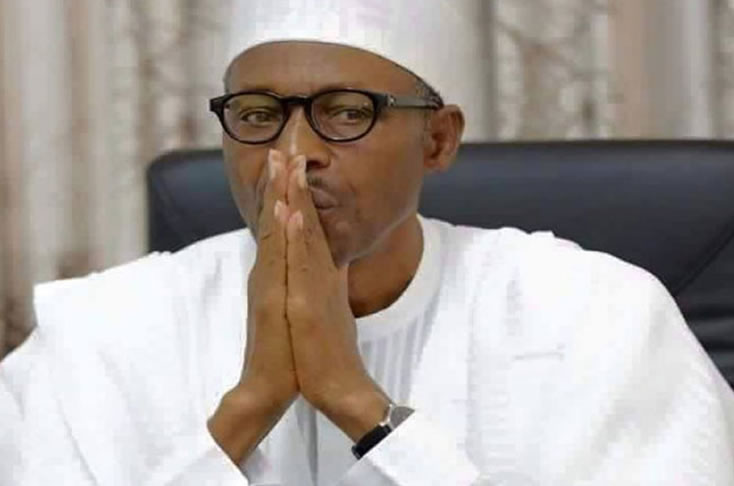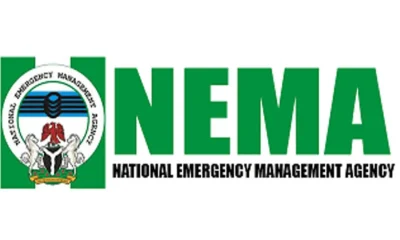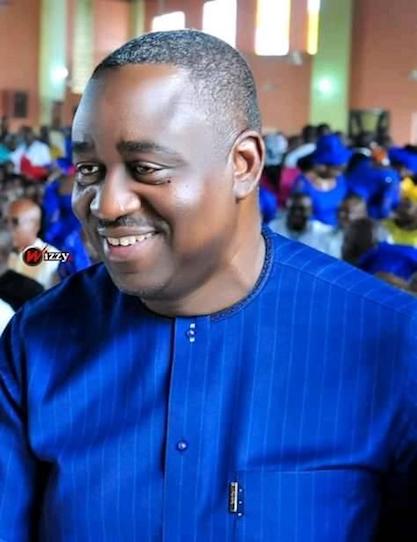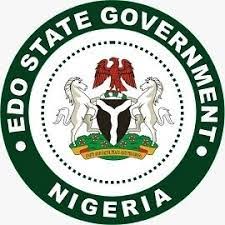NEWS
2023 Presidency: I May Emerge Consensus Candidate – Peter Obi
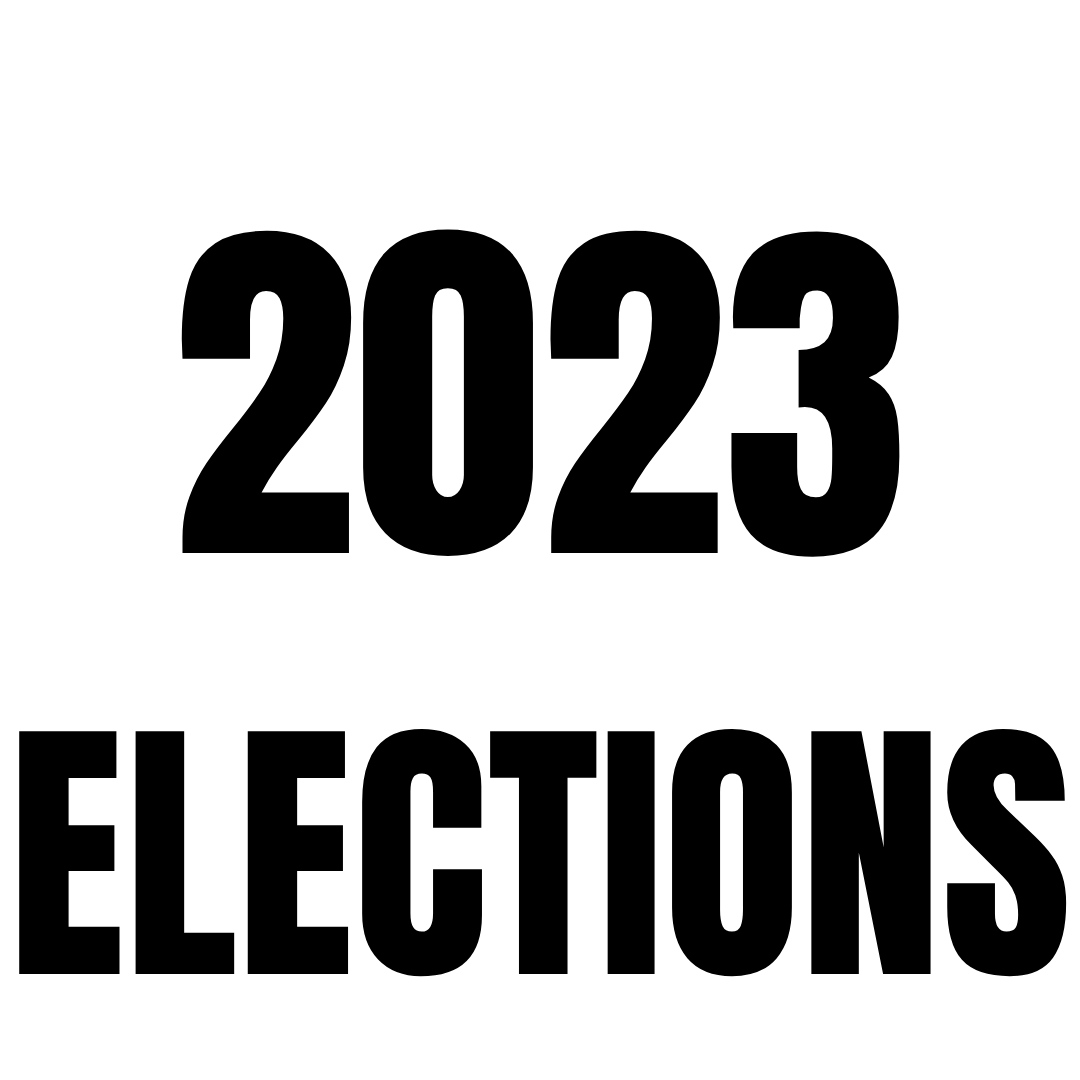
Former governor of Anambra State, and a presidential aspirant, Dr. Peter Obi has reacted to the issue of having a consensus candidate ahead of the 2023 presidential election; he also predicted that he might emerge the consensus candidate for the entire country. Obi, who spoke to newsmen at his Onitsha GRA residence on Saturday, further claimed that he has strong supporters across all political parties and in all parts of the country.
The aspirant who is campaigning on the platform of the main opposition Peoples Democratic Party (PDP) said he would ensure he consults widely, adding that the person who is fit to take over from President Muhammadu Buhari would be selected at the end.
He said; “They didn’t say consensus is from a particular section; it might be consensus for Nigeria, and as we are going round, we shall be discussing everything. “You never know I might be the consensus candidate. I agree we shall be talking to each other and in the end, we shall find out who is the best for the job,” he said.
However, Obi who is also regarded as one of the top contenders for the top job urged Nigerians to investigate and interrogate aspirants to find out what they have been able to achieve I the past, insisting that his antecedents will speak favourably for him.
NEWS
Harmattan: We’re Committed to Community Safety, Resilience – NEMA
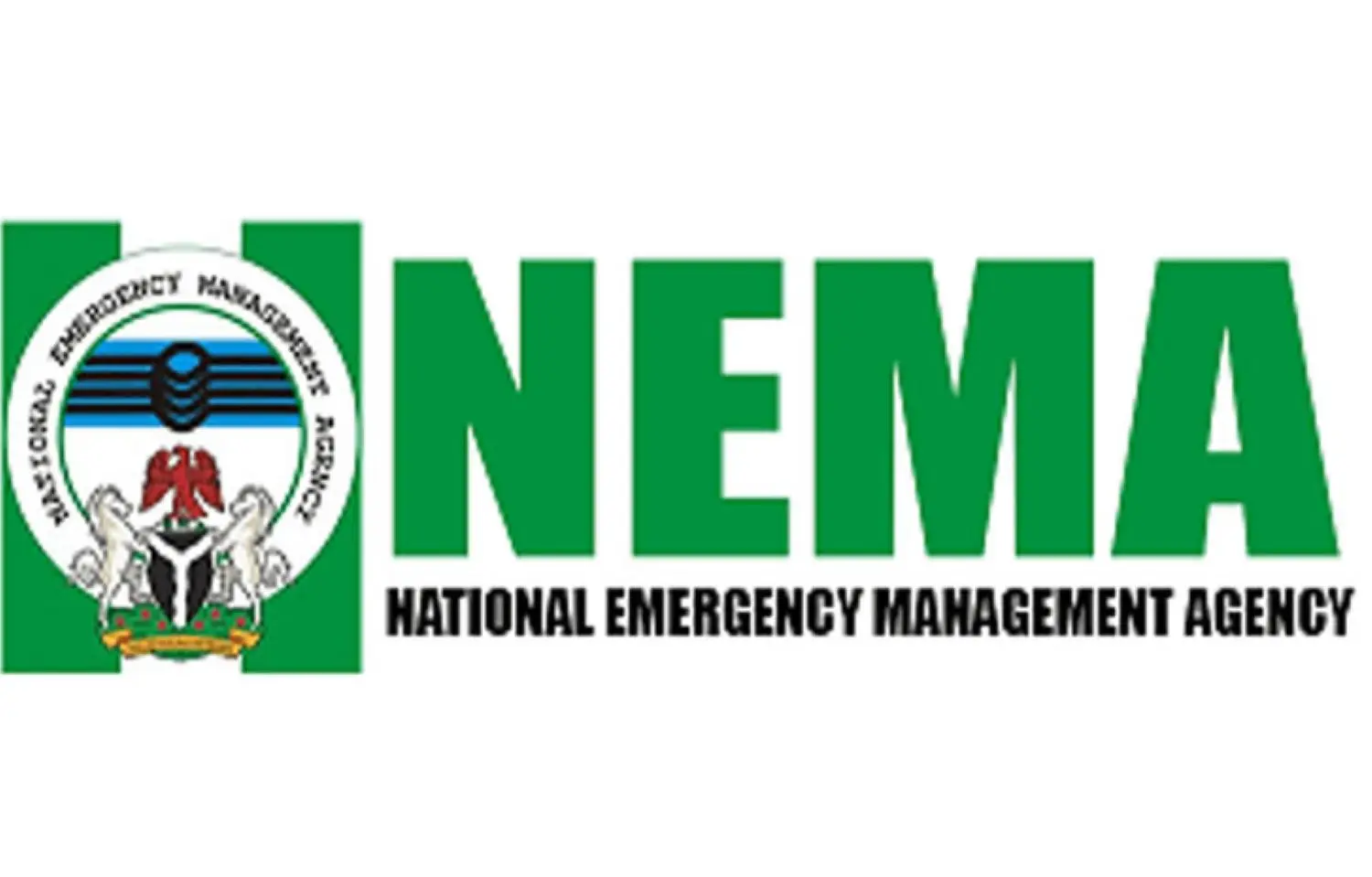
By Laide Akinboade, Abuja
The National Emergency Management Agency (NEMA) on Thursday said it has concluded arrangements to work tirelessly to ensure communities across Nigeria were prepared and resilient to the dry, dusty winds of the harmattan season.
The harmattan normally brings along risks of respiratory ailments, eye irritation and powerful windstorms, already causing havoc in some states.
NEMA disclosed this in a statement by Saadatu Muhammed through Press Unit Headquarters in Abuja.
The statement reads, “The harmattan season, spanning from late November to mid-March, brings unique challenges. Beyond the hazy skies and reduced visibility, the dry conditions and airborne dust can exacerbate respiratory conditions, impact agricultural productivity and disrupt livelihoods.
“NEMA’s comprehensive approach to disaster management encompasses commitment to mitigating the impact of the harmattan through a multi-pronged Sensitization, taking it to the 774 Local Government Areas and grassroots level. The campaign aims at empowering communities through education, launching public awareness campaigns like the Take it to the Public Awareness Campaign to educate citizens about the risks associated with the harmattan and the necessary safety measures.
“Specific areas to be achieved include fostering Collaboration with the Agency, partnering with local leaders, healthcare providers, and community organizations to ensure that vital information and resources reach vulnerable populations.
“NEMA also emphasizes the imperative of training healthcare workers on harm-related illnesses and promoting preventative care to minimize the health burden on communities.
“How Individuals can prepare for harmattan, protect your respiratory System: Use face masks outdoors to reduce dust inhalation, especially if you have pre-existing respiratory conditions. Stay Hydrated and Moisturized: Combat the dryness by drinking plenty of fluids and using moisturizers to protect your skin.
“Maintain a Clean Indoor Environment: Regularly clean your home and seal doors and windows to minimize dust accumulation.
“Stay Informed: Keep abreast of weather forecasts and heed any warnings issued”.
NEWS
World Diabetes Day: WHO Raises Concern over 24m Africans with Disease

By Laide Akinboade, Abuja
The World Health Organisation (WHO) on Thursday raised concern over more than 24 million adults in Africa who were currently living with diabetes with half of them still undiagnosed.
WHO Regional Director for Africa, Dr. Matshidiso Moeti stated this in her message marking this year’s World Diabetes Day.
Moeti, who said there is need for urgent interventions, or else diabetes in the African Region will rise to 54 million by 2045, the highest projected increase globally.
World Diabetes Day is marked annually by the international community on the 14th of November; this year’s theme is “Breaking Barriers, Bridging Gaps”.
Moeti noted that the theme of this year’s commemoration underlined WHO’s commitment to reducing risk, and ensuring that everyone diagnosed with diabetes has access to equitable, comprehensive, affordable and quality treatment and care.
She said; “against a background of rising diabetes prevalence in Africa, complicated by multiple drivers including urbanization, unhealthy diets and physical inactivity, the theme of World Diabetes Day 2024 appropriately emphasizes the imperative of a collaborative approach to this ‘silent killer”.
Diabetes is a chronic lifelong disease that leads to uncontrolled blood sugar levels because the body can no longer produce or use the insulin it produces efficiently.
“In the WHO African Region alone, more than 24 million adults are currently living with diabetes, half of whom remain undiagnosed.
“Left untreated, diabetes can lead to complications such as heart disease, stroke, nerve damage, kidney failure, lower-limb amputation, and eye disease that can result in blindness.
“Without urgent interventions, predictions are that the number of people living with diabetes in the African Region will rise to 54 million by 2045, the highest projected increase globally.
“This poses a significant dual health and economic burden, including catastrophic spending by individuals to control their disease.
“Compounding the challenge is that Africa has the lowest investment rate in diabetes care worldwide, at only 1% of the region’s health expenditure. Health systems are also traditionally designed to deal with acute, infectious diseases, without sufficient attention paid to chronic diseases like diabetes”, she said.
The WHO Regional Director stated that managing diabetes required a sustained effort to balance physical health activity, healthy diet, mental well-being, and WHO in the African Region was committed to holistic solutions, including proper nutrition, access to the requisite essential medicines, and mental health support.
She noted that, equally crucial were comprehensive prevention strategies to address risk factors including obesity, poor diet and physical activity, combined with community engagement to ensure good support systems and reduced stigma.
Highlighting steps taken by WHO Africa Region to combat the disease, she said:
“In an important step forward at the Seventy-fourth session of the WHO Regional Committee for Africa in August this year, African Member States endorsed WHO’s Framework for the Implementation of the Global Diabetes Compact (GDC) in Africa.
“Focused specifically on the challenge of integrating diabetes care into broader health systems in a multi-sectoral approach, it provides a roadmap for countries to strengthen diabetes prevention, diagnosis and care, especially at primary health care level”.
Moeti called individuals, communities, civil societies, governments, health workers to join hands and act against diabetes:
“On World Diabetes Day today, I urge individuals, communities, governments, health workers, policymakers and civil society organizations to join hands and act now. For individuals, prioritize a healthy lifestyle, and if you’re already living with diabetes, have regular medical check-ups.
“Strengthening diabetes control in the African region demands that we address key gaps, including myths and misconceptions about diabetes, fragile primary health care systems and insufficient capacity and training of health care workers.
“Together, let us all commit to breaking down the barriers and addressing the gaps, by raising awareness, spreading knowledge, and creating lasting change for everyone in Africa affected by diabetes”, she said.
NEWS
Abia Assembly Didn’t Mandate Deputy Gov. to Apologise – Deputy Speaker

Abia House of Assembly has denied social media report that it mandated the Deputy Governor, Ikechukwu Emetu, to issue a public apology over a misunderstanding between him and its member.The Deputy Speaker and Spokesperson, Austin Meregini, who debunked such report while addressing newsmen in Umuahia on Thursday, said the House did not reach any resolution to that effect.
He admitted that there was a misunderstanding between the deputy governor and Mr Mba Nwoko, member representing Ohafia South State Constituency, but said the matter had been taken care of Report says that there have been publications by social media of the House mandating the deputy governor to apologise to Nwoko for disrespecting the lawmaker during the recent state-wide local government elections. It was alleged that Emetu, who is from the same constituency with Nwoko, had instructed the security operatives to arrest the lawmaker for asking about the election result sheet.Condemning the report, Meregini, who is the Chairman, House Committee on Media, said that it was the imagination and figment of the mischief makers.He said that the deputy governor and the lawmaker are brothers, hence there was no need for the Assembly to pass a resolution mandating such an apology.Meregini said: “I was present at the Tuesday sitting, both at the plenary and executive session; there was no time we reached such resolution.“We do not condone any kind of misunderstanding, but as long as we co-exist, there’s bound to be misunderstanding every now and then.“When there is need, we do offer constructive criticism and constructive oversight on the activities of the government and the Executive and we expect that it will continue.”He reaffirmed the robust relationship between the Legislature and the Executive, saying that it would continue to exist for the benefit of Abia people.The deputy speaker commended the Executive on the level of implementation, while expressing satisfaction with the quality of bills passed by the Assembly.(NAN)


